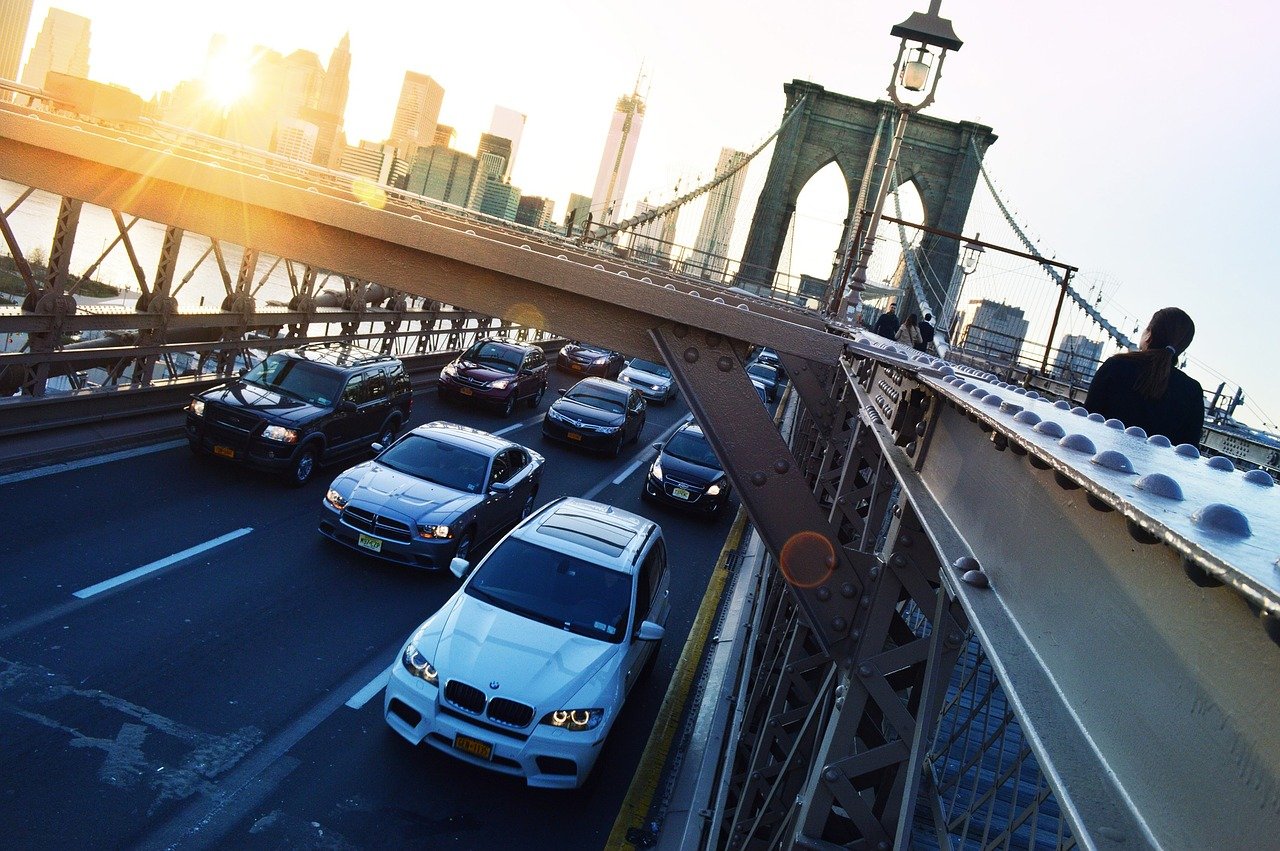In August of 2018, New York became the first city in the United States to place a limit on the amount of ride-sharing vehicles allowed to operate by way of restricting new vehicle licenses. This is significant news for Uber’s bottom line since the city is, unsurprisingly, the company’s largest market in the country. Lyft, for its part, will be similarly affected by this new cap.
Given that this cap will have a significant effect on the number of self-driving vehicles operating in the city, it will also likely affect the number of ride-sharing accidents in the city as well. As such, this is an essential legal update to look at in greater detail for one of the ride-sharing industry’s most important areas of operation.
A Closer Look at the Freeze on New For-Hire Vehicle Licenses
Before diving into the specific changes being brought to New York by this latest package of bills that were approved by New York’s City Council, it is important to understand why these bold moves were made.
New York is infamous for its large population and heavy traffic congestion, which this move is being touted as helping to reduce. Further, Mayor Bill de Blasio has also argued that the move will increase driver wages, a benefit that will come in tandem with the reduced city gridlock.
And, according to a report commissioned by the Taxi and Limousine Commission — an organization with admittedly pro-taxi driver leanings, it ought to be said — it was discovered that 80,000 drivers in the city are affiliated with ridehailing companies. In contrast, just 14,000 taxi drivers were found to operate in the city of New York. If these numbers are accurate, it represents a stunning transformation in how New Yorkers have chosen to pay for transit, but it also helps explain an uptick in vehicle congestion.
Based on these reports and similar findings of congestion, the bills approved by City Council would place a one-year freeze on new "for-hire vehicle licenses", which would apply to new Lyft and Uber drivers.
It remains to be seen the extent to which gridlock may be reduced by these proposed legal changes, but it is unlikely that Uber and other rideshare companies will accept these changes without additional strategic maneuvers.
According to CNN’s article on the latest New York City bill, Uber is allegedly planning to "sidestep" the bill by getting around the restriction’s focus on vehicle licenses. According to the piece, Uber will work around this restriction by requesting the current drivers of the platform to share their vehicle with new drivers, thereby cleverly working around the one-year freeze.
Other leading ridehailing companies will also likely respond to these changes due to the importance of New York City for the ridehailing market as a whole.
If you or a loved one has been injured in a ride-sharing accident in New York City, our team at The Ledger Law Firm is standing by to discuss your right to compensation. Contact us online to speak with a Ledger Law ridesharing accident lawyer at a New York area office today.

Emery Brett Ledger brings more than 27 years of experience to personal injury law. He founded & led The Ledger Law Firm in securing over $100 million in compensation for clients with life-altering injuries & complex claims. Licensed in California, Texas, & Washington, Emery earned his law degree from Pepperdine University School of Law. His practice areas include car & truck accidents, wrongful death, catastrophic injuries, maritime claims, & mass tort litigation. He has been recognized by The National Trial Lawyers’ Top 100, Mass Tort Trial Lawyers Top 25, and America’s Top 100 Personal Injury Attorneys. Emery also received the 2025 Elite Lawyer Award & holds a perfect 10.0 Avvo rating with Platinum Client Champion status. His legal work has been featured on CNN, Forbes, NBC, & ABC.



